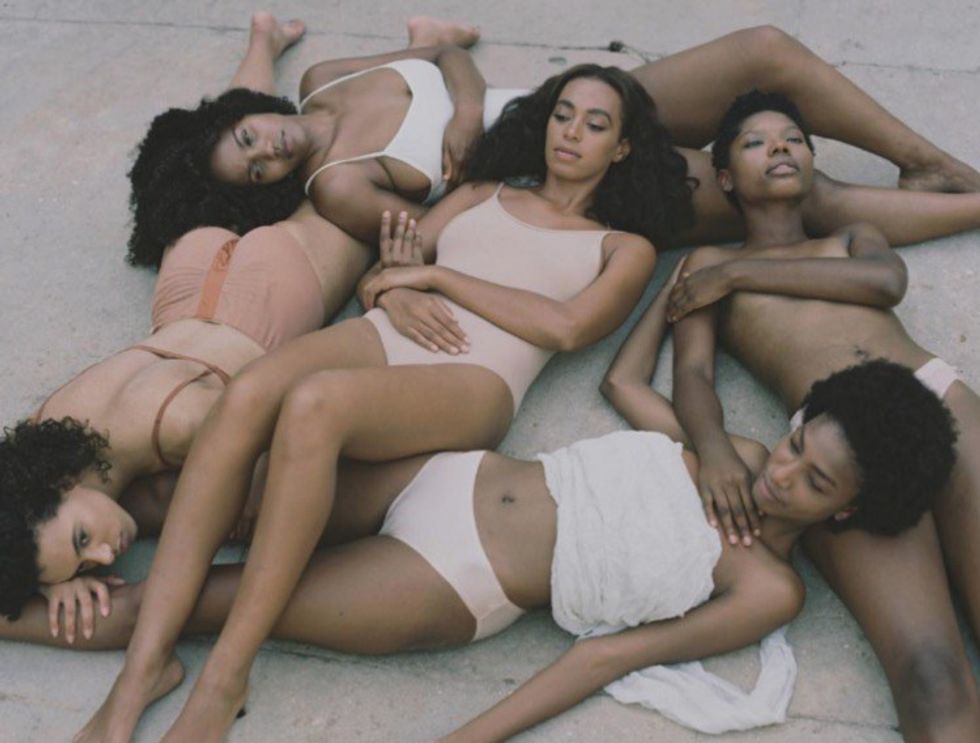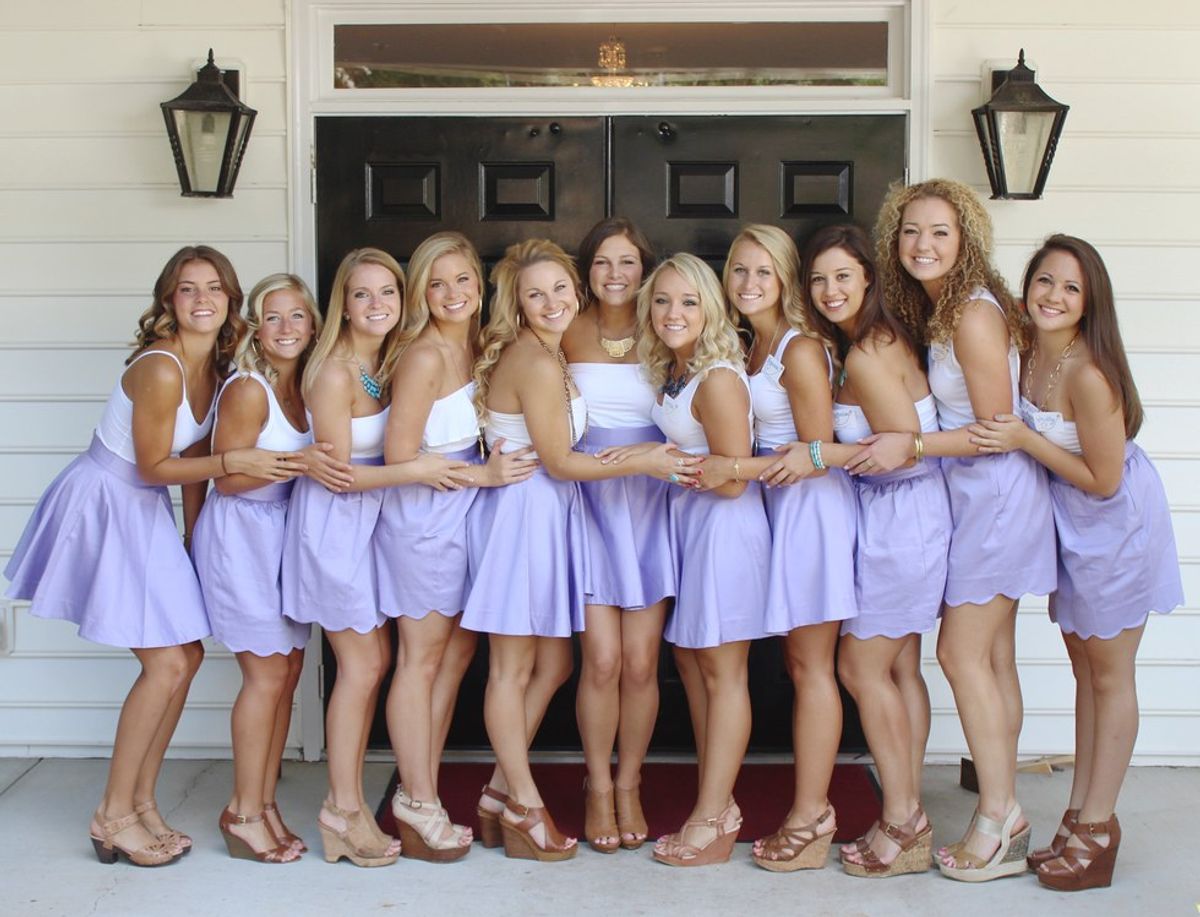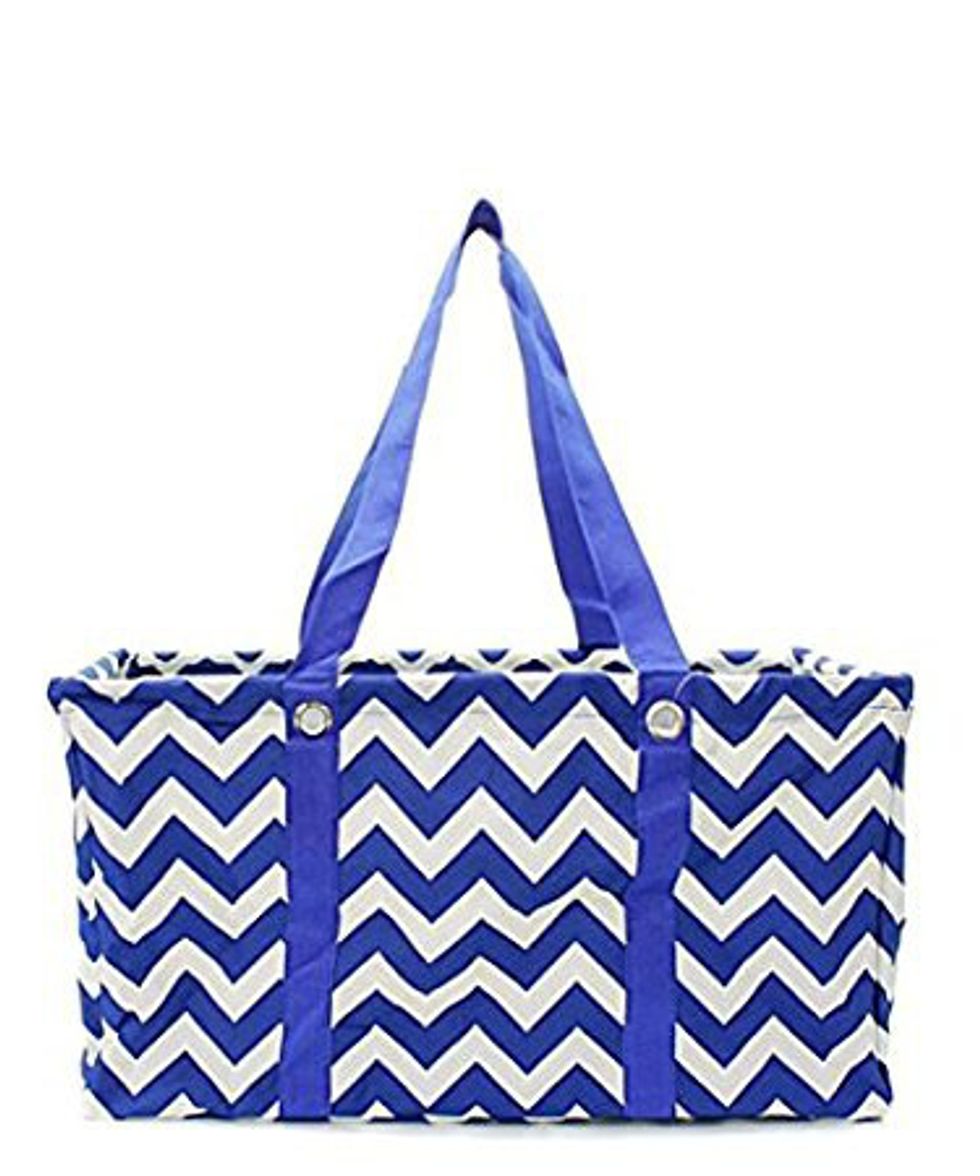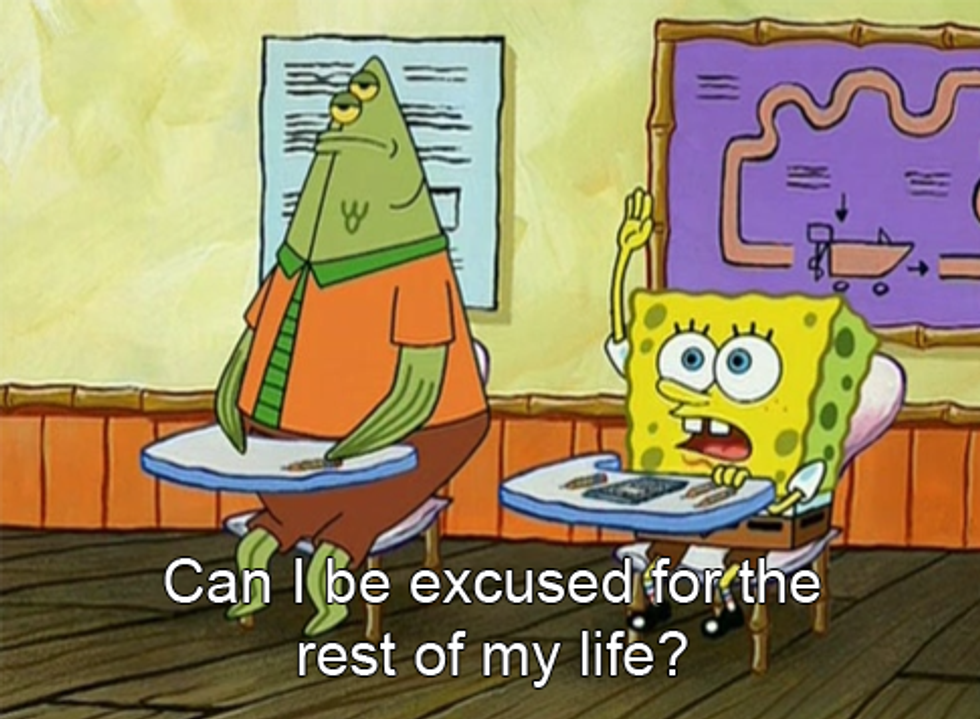She's a DJ, a mom, a sister, a friend, a producer, a natural hair icon, and a singer: Miss Solange Knowles.
This is the time that "wokeness" is selling records. Honesty is a great policy and visuals are a must. Luckily for us, she gave all three!
Her music this time is funk, R&B with some alternative feels, and neo-soul. The album voices the topics we discuss in our communities with smooth, subconsciously penetrating lyrics and rhythms. Reminds me of Donny Hathaway, Everything is Everything or Marvin Gaye's album What's Going On. Both albums were sold during the 70’s when the black community was severely persecuted, facing tension because of the Black Panther movement and for embracing our culture. They discussed society's injustices such as investing in the Vietnam war and encouragement of this within black communities. Solange exemplifies this but within a modern context. This album is important for history and music buffs because it contributes to the conversation of race. The black community is back again in the limelight of the media discussing discrimination in its many forms such as stereotypes, privilege, the construction of society and the multiple definitions of what it means to be an African-American in the United States.
For example, one of the songs, "Mad," discusses the stereotype of mad black people. Our character traits are stereotypically aggression and anger, and within this piece she justifies it. In 2016, black men are three times more likely to suffer from police brutality. On November 1st the 111-year-old Hopewell Missionary Baptist Church in Greenville, Mississippi, was burned and vandalized with the words "Vote Trump" spray-painted onto the building. Dreadlocks, a hairstyle associated with people of color, were recently outlawed in Alabama as well. People wonder why we’re angry but as Solange said,
"There's a lot to be mad about."
People shouldn't have to justify their reasoning for being angry. It is a healthy emotion when placed in the correct situations and assuming you’re human, you also feel emotions other than anger. Black people love, laugh, cry just like everyone else but the only thing we are labeled as is angry. The chorus summarizes the stereotype in a way that doesn't need to be explained with an essay.
My favorite track, like many people I know, is "Don't Touch My Hair." It’s almost an open letter or poem to the hands that reach for our hair. Solange lays down the symbolism for one of our most simple yet complex features amongst the black community by calling hair our “crown”
Her voice is l I g h t, flowing almost like a ghost, reminding me of a soulful version of Birdy. Her choruses are hooked to you, soaking in your conscious. You have to truly listen to the lyrics. There are some songs where the background music is so overbearing you forget the lyrics exist, but everything complements each other in a way that we can separate.
She even plays with the themes of songs against the instrumentals. For example, the song Mad is almost ironic! The theme is anger but the song’s instrumental music is soft, and full of love. Her interviews on the album give me Lauryn Hill, The Miseducation vibes. Lauryn Hill’s album featured interviews about various topics relating to teenagers such as love. The interviews were placed near the end of songs versus Solange who placed her interviews as interludes. The difference between Lauryn and Solange’s interviews is that Solange interviewed older people. The topics varied but stayed within the topics of blackness as well as its portrayal, conflicts, and influences.
Her lyric style for this album is very straightforward. She isn't beating around the bush. For example, in "Don’t Touch my Hair" she sings, “Don't touch my pride, The Glory’s all mine.” The idea is that hair is a symbol of pride for her and many black women. It is our crown and embedded within our culture to value haircare.
The album sounds like it could be an amazing acoustic arrangement. I like when people step away from very electronically-driven music to something I could possibly play live with a few instruments without any electronics or synthesizers needed. It's very raw and open, an idea she may be trying to cross with the music. It's like she's letting us peek into her diary about her thoughts on racism, stereotypes, and being black in modern times. The visuals for this album are hypnotizing if you imagine it as a minimalist color scheme. It's like looking at a mood board and the emotion is optimistic. She's risen with this album and absolutely cultivated and mastered her craft. Her success can only grow from this.























